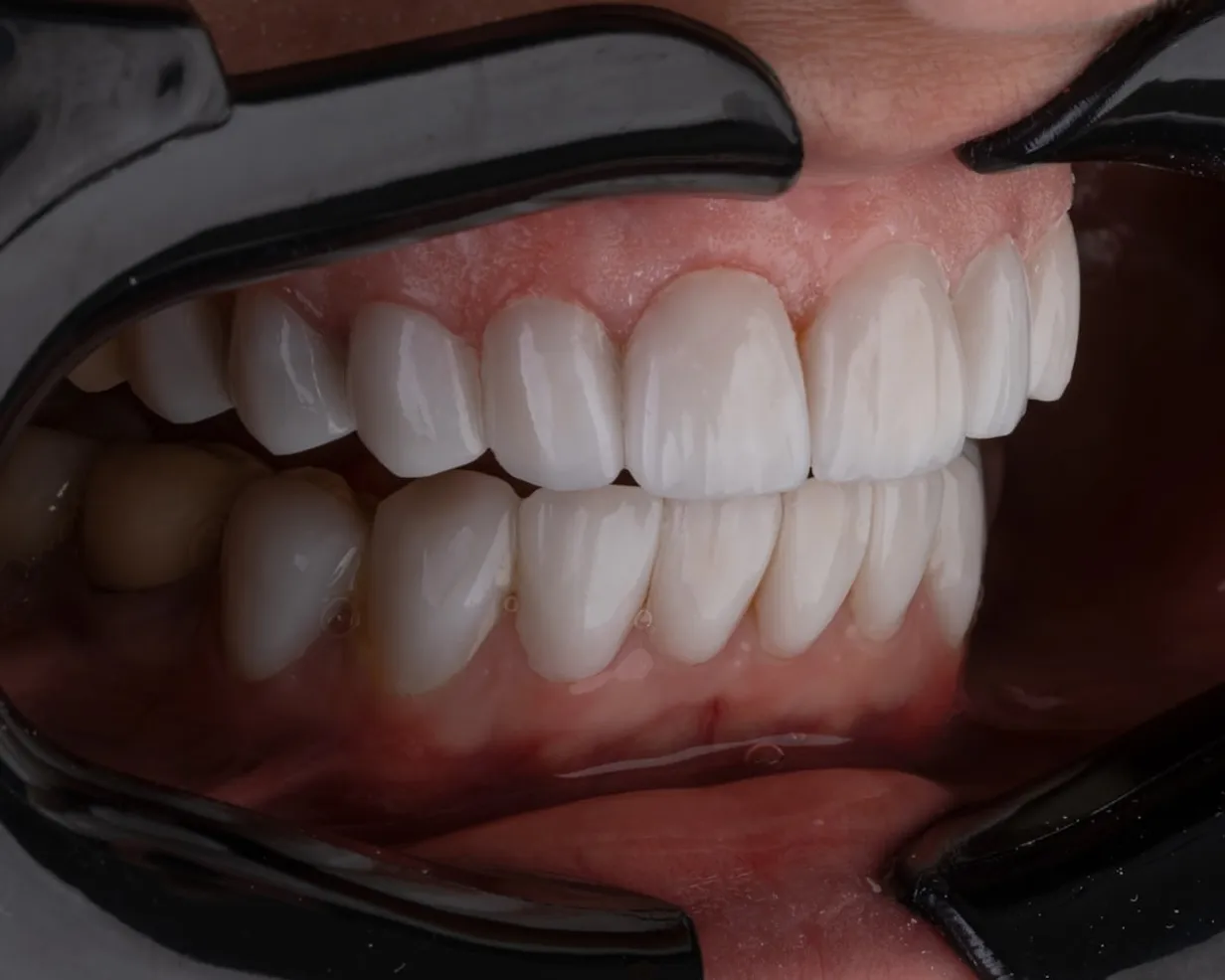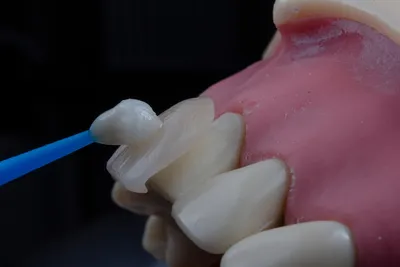
Understanding Teeth Decay
Teeth decay, commonly known as cavities, is a prevalent oral health issue affecting people of all ages in Australia. It occurs when acids produced by bacteria in the mouth erode the tooth enamel, leading to holes or cavities. If left untreated, teeth decay can cause pain, infection, and even tooth loss. Fortunately, there are several effective treatment options available.
Preventative Measures
Fluoride Treatments: Regular fluoride applications help strengthen enamel and make teeth more resistant to decay. These treatments are often done at dental check-ups.
Dental Sealants: These are thin, protective coatings applied to the chewing surfaces of the back teeth (molars), where decay often starts. Sealants create a barrier that shields teeth from bacteria and acids.
Non-Invasive Treatments
Fluoride Gel or Varnish: For early signs of decay, fluoride gel or varnish can be applied to the affected area to help remineralize and repair the enamel.
Silver Diamine Fluoride (SDF): This is a topical medication that can be applied to cavities. It helps stop the decay and prevent it from spreading, although it may cause discoloration of the affected area.
Minimally Invasive Treatments
Dental Fillings: When decay progresses beyond the enamel, fillings are used to restore the tooth structure. There are various types of filling materials, including amalgam, composite resin, and porcelain, each offering different benefits.
Inlays and Onlays: These are used for more extensive decay that cannot be treated with a simple filling. Inlays and onlays are custom-made restorations crafted from composite resin, gold, or porcelain, and are bonded to the damaged tooth.
Advanced Treatments
Root Canal Therapy: When decay reaches the tooth pulp, causing pain and infection, root canal therapy is necessary. This procedure involves removing the infected pulp, cleaning the canal, and sealing it with a filling material.
Crowns: If the tooth structure is severely compromised, a dental crown may be necessary. Crowns cover the entire tooth, restoring its shape, size, and function while protecting it from further decay.
Preventing Teeth Decay
Preventing teeth decay involves maintaining good oral hygiene practices, such as brushing twice a day with fluoride toothpaste, flossing daily, and attending regular dental check-ups. Reducing sugar intake and eating a balanced diet also play crucial roles in preventing cavities.
Conclusion
Teeth decay is a common but preventable issue. By understanding the available treatment options and taking proactive steps to maintain oral health, you can protect your family's smiles. If you suspect teeth decay or need guidance on preventive measures, consult with your family dentist for personalized care.
Top Dental Health Articles
Discover our most popular dental health articles, featuring expert advice that our readers rely on.



